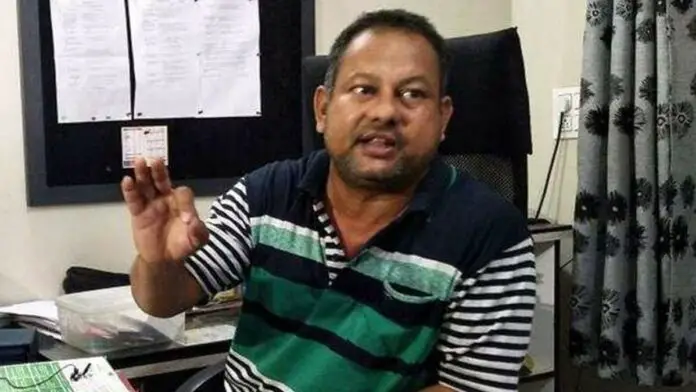
Surendra Gadling, a lawyer and activist was denied bail by the Hon’ble Nagpur Bench of the Bombay High Court in a case filed by the Gadchiroli police in 2016 under the Unlawful Activities (Prevention) Act and the Indian Penal Code.
On 6th June 2018, five human rights defenders- Surendra Gadling, Rona Wilson, Shoma Sen, Sudhir Dhawale, and Mahesh Raut were arrested in different parts of India under the unlawful activities (prevention) act (UAPA) for distributing controversial leaflets and spreading hate speech about the Bhima Koregaon violence that broke out in January 2018.
The Bombay high court on 30th July gave temporary bail to Surendra Gadling “purely on humanitarian grounds” from august 13 to 21 to perform his mother’s funeral rites on her first death anniversary.
However, in order to be released, Gadling also required a temporary or regular bail in the 2016 arson case.
So, Gadling sought help on August 2 before the HC’s Nagpur Bench where his regular bail application under section 439 of the CrPC had been pending since January last year.
On 11th August 2021, just two days before the defendant was supposed to take part in his mother’s funeral, a division bench of Justice VM Deshpande and Justice Amit Borkar’s rejected Gadling’s 2020 bail application in the first stage on the grounds that it could not be maintainable.
The bench held that “the Court trying offenses under the second schedule of the NIA Act in a Special court under section 22 of the NIA Act, a person who has been aggrieved by the refusal of bail is required to apply for an appeal under Section 21(4) of the NIA Act and an application under Section 439 of the Code of Criminal Procedure cannot be held before the High Court.”
The court observed, “All Scheduled Offences i.e., all offenses under the UAPA, are to be tried exclusively by the special courts which are set up under that act, irrespective of the investigation by the investigating agencies of the state government or by the national investigation agency. “
The court ruled that the current bail application was an appeal against the decision to reject a special court decision under the NIA Act.
The present application was filed in March 2020 and the session judge had already rejected the application in September 2019 and so the new application which was filed was beyond a period of 90 days due to which the Court could not hear the appeal as under section 21 of NIA Act, an appeal had to be introduced within a period of 30 days of the order under challenge and would be barred after a period of 90 days as per sub-section 5.
The Court concluded that as the current proceedings are a challenge to the Special Court order, it had to be challenged under Section 21 (4), and therefore, a regular bail application under Section 439 of the Code of Criminal Procedure cannot be complied with.
Gadling’s bail application remains pending before the high court and its fate is still unclear.








